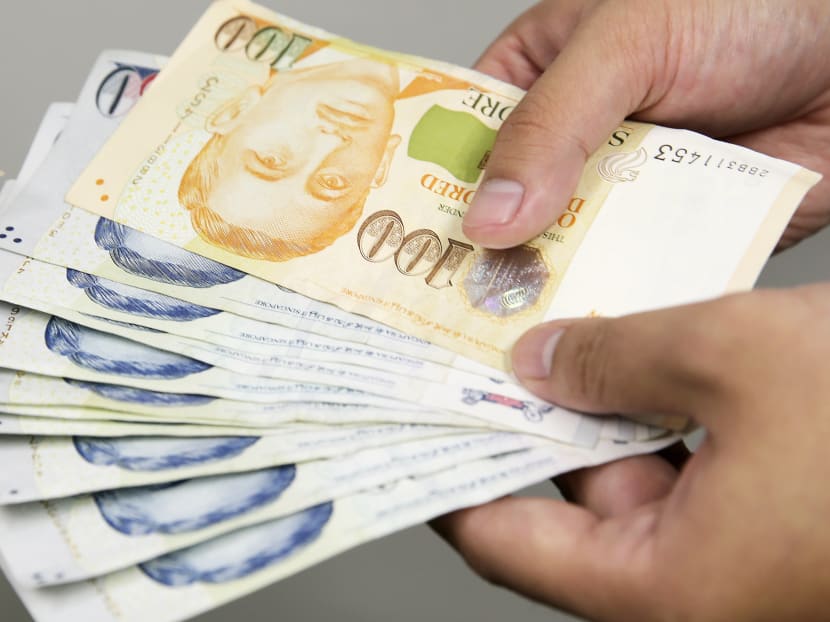Ringgit drops to 15-year-low against Singapore dollar
SINGAPORE – The Malaysian ringgit has weakened to a 15-year-low against the Singapore dollar.

TODAY file photo
SINGAPORE – The Malaysian ringgit has weakened to a 15-year-low against the Singapore dollar.
It has been on the steady decline against the Singapore dollar and the US dollar since May when the US Federal Reserve mentioned it could start tapering quantitative easing by the end of the year.
Experts said the currency should be bottoming out soon but in the meantime, it might be a good time to invest in Malaysia.
On Monday, the ringgit hit 2.5485 against the Singapore dollar, its weakest point in 15 years.
Experts said the ringgit could be testing a new low and that it reflects Malaysia’s slowing growth and Singapore’s upside surprises.
Mr Philip Wee, a currency economist at DBS, said: “I think against the Singapore dollar, we are probably near the bottom of our price channel. In the past couple of times when it tested an all-time low, it dropped about 50 pips or 1.3 per cent below the last low. Given the last low from what we have seen last year, it should be around or just below the 39 cents level against the Singapore dollar.”
Experts said Malaysia’s growth over the next six to 12 months is likely to be more domestically focused which could provide some resilience to the currency.
In the meantime, analysts said now could be a good time to invest in Malaysia.
Mr Suren Chelliah, an investment analyst at Standard Chartered, said: “We have just gone overweight on the Asian equities market in our last GIC meeting. The three reasons for that are because we see greater resilience in Malaysia given that it is a very defensive market and the earnings are likely to improve. The third point is there is a little bit more energy around it especially with the economic transformation programme coming up.”
Looking ahead, experts said the ringgit is facing a lot of currency pressures due to the impending tapering of the Fed’s easy money policy and slower growth in China.
Mr Wee said: “In Asia, you tend to link a weaker exchange rate with competitiveness but when it comes to exports, it is really dependent on global demand. I would say in the short term, the immediate concern is really the Chinese slowdown that is weighing heavily in terms of sentiment.” CHANNEL NEWSASIA








